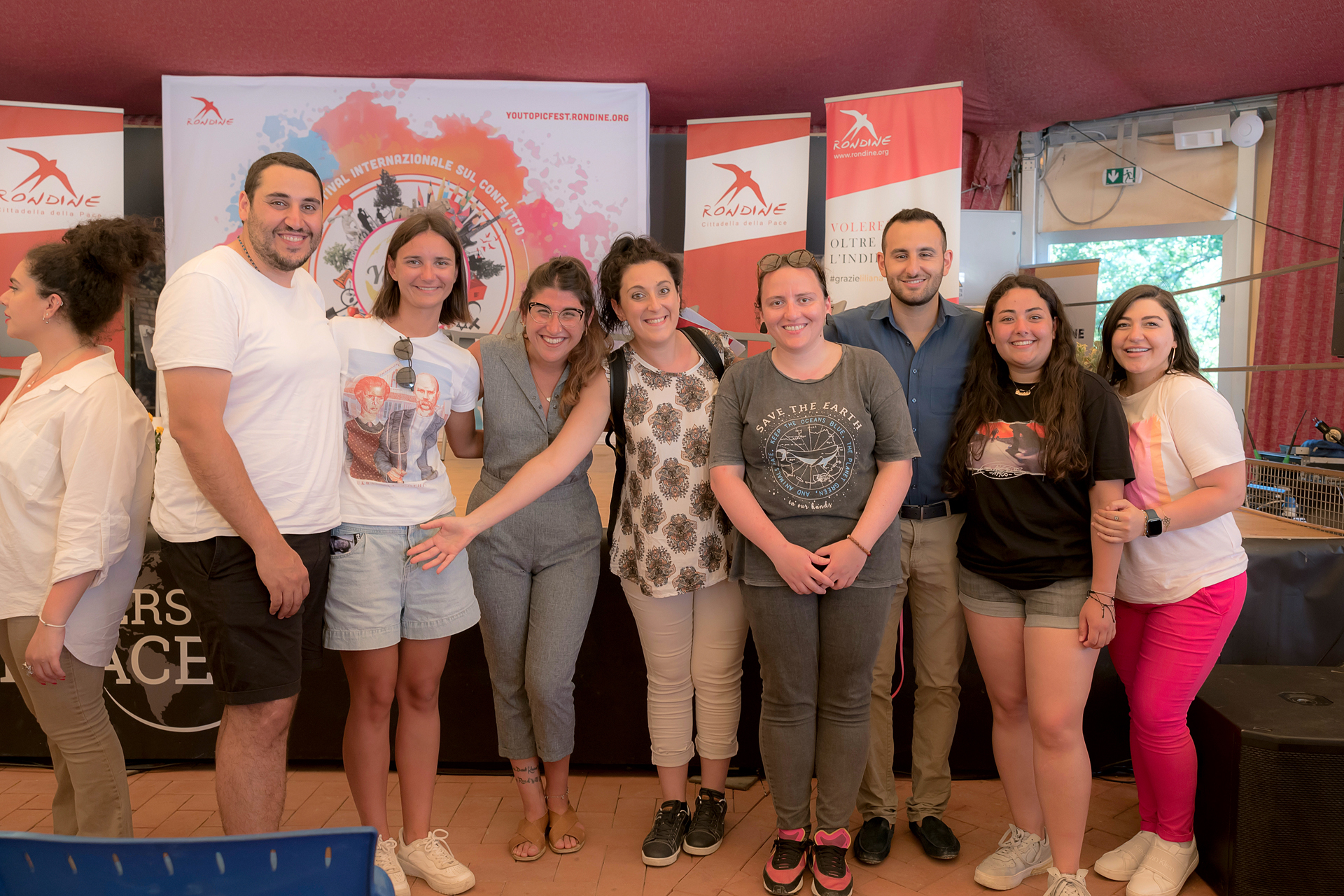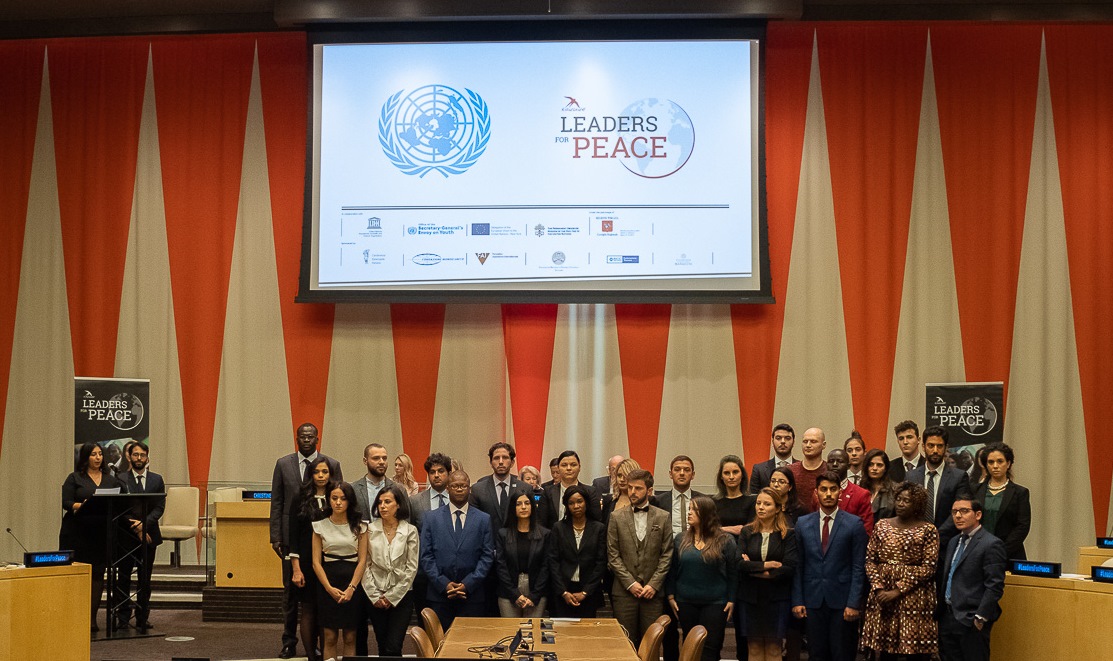As the world continues to be marked by both new and longstanding conflicts, the PeaceMed training program is launching in Cyprus. This initiative brings together national Caritas organizations and civil society organizations from various Mediterranean and Middle Eastern countries.
PeaceMed is promoted by Caritas Italiana, the project leader, with the participation of Acli. The training is led by Rondine Cittadella della Pace, represented by Director Mauro D’Andrea and educator Sharizan Shinkuba. The “Rondine Method” is a process of creative conflict transformation, based on deconstructing the concept of the “enemy” and recognizing conflicts as generative opportunities for growth and reconciliation.
The goal of PeaceMed is to train individuals active within Caritas and other organizations, equipping them to work for peace, particularly with younger generations. A secondary objective is to establish a permanent working group capable of collaborating across national borders to promote reconciliation and peace projects in communities affected by violence and war.
Participants were welcomed in Larnaca, Cyprus, by Danilo Feliciangeli, project manager for Caritas Italiana, and Elisabeth Kassinis, director of Caritas Cyprus. The choice of Cyprus as the location for this meeting is significant. As Silvia Sinibaldi, Deputy Director of Caritas Italiana, stated: “We are in a place that deeply understands the struggles of coexistence, the impossible normalization of arms, and the challenge of maintaining cohesion and stability. If the European Union were a port, this would be its lighthouse and its outpost.”
PeaceMed is inspired by Pope Francis’ call to “disarm words, to disarm minds, and to disarm the Earth.” While war devastates communities and ecosystems without providing real solutions to conflicts, diplomacy and international organizations need new energy and credibility. PeaceMed responds to this need by drawing on the spirituality of different peoples to nourish the desire for fraternity and justice and to build concrete pathways toward peace.
The inaugural meeting was attended by key religious and institutional representatives, including Maronite Archbishop Selim Jean Sfeir, Bishop Bruno Varriano, Latin Patriarchal Vicar, Ambassador Federica Ferrari Bravo (representing the Italian Ministry of Foreign Affairs, which funds the project), Monsignor Giorgio Chezza for the Apostolic Nunciature, and Sotiris Christofi for the Cypriot Ministry of Foreign Affairs.
At the heart of PeaceMed is the practice of listening. The working group begins by engaging with individuals and their personal stories—even with those whom history and social context have labeled as “enemies.” Through a process of sharing diverse identities and fostering mutual trust, participants learn to be guided by one another. The transformation of conflict into an opportunity for growth and reconciliation starts with embracing the other and recognizing their unique and unrepeatable humanity.
Stepping into another person’s shoes and understanding their perspective helps dismantle the idea of the “enemy” imposed by personal history and social context. This shift allows negative energy to be redirected into a creative and constructive force. Energy can divide and destroy, but it can also generate new possibilities for connection and change.
The training event will conclude on Wednesday, March 26. It will be followed by online training sessions and a second meeting in Italy at the end of June.
Rondine Cittadella della Pace remains committed to its mission of transforming conflicts into opportunities for growth and dialogue, guiding a new generation of peacebuilders on their journey toward a more just and harmonious future.




